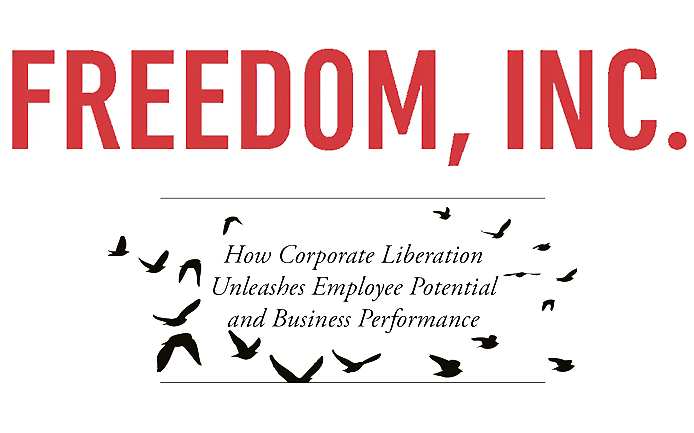From David Allen’s book “Getting things done”
Blog’s note: This is an ultimate book on “How”. We found many of its simple tips inspiring (such as if you have something to be done and can’t do it in 2 minutes write it down somewhere—calendar, to-do list, even a piece of paper—but get it out of your mind or it soon will be swamped with all the things you still have to do and which buzz in your mind as a cloud of mosquitos). That said, we were happily surprized by the book’s two pages (64-65) reminding the reader of the importance of “why” : without a clear “why” there is no reason to look for the “how”.
Read the book’s excerpt below.
The Value of Thinking About “Why”
Here are just some of the benefits of asking “why?”:
- It defines success.
- It creates decision-making criteria.
- It aligns resources.
- It motivates.
- It clarifies focus.
- It expands options.
Let’s take a closer look at each of these in turn.
It Defines Success People are starved for “wins” these days. We love to play games, and we like to win, or at least be in a position where we could win. And if you’re not totally clear about the purpose of what you’re doing, you have no chance of winning. Purpose defines success. It’s the primal reference point for any investment of time and energy, from deciding to fun for elective office to designing a form.
Ultimately you can’t feel good about a staff meeting unless you know what the purpose of the meeting was. And if you want to sleep well, you’d better have a good answer when your board asks why you fired your V.P. of marketing or hired that hotshot M.B.A. as your new finance director. You won’t really know whether or not your business plan is any good until you hold it up against the success criterion that you define by answering the question “Why do we need a business plan?”
It Creates Decision-Making Criteria How do you decide whether to spend the money for a five-color brochure or just go with a two-color? How do you know whether it’s worth hiring a major Web design firm to handle your new Web site?
It all comes down to purpose. Given what you’re trying to accomplish, are these resource investments required, and if so, which ones? There’s no way to know until the purpose is clarified.
It Aligns Resources How should we spend our staffing allocation in the corporate budget? How do we best use the cash flow right now to maximize our viability as a retailer over the next year? Should we spend more money on the luncheon or the speakers for the monthly association meeting?
In each case, the answer depends on what we’re really trying to accomplish—the why.
It Motivates Let’s face it: if there’s no good reason to be doing something, it’s not worth doing. I’m often stunned by how many people have forgotten why they’re doing what they’re doing—and by how quickly a simple question like “Why are you doing that?” can get them back on track.
It Clarifies Focus When you land on the real purpose for anything you’re doing, it makes things clearer. Just taking two minutes and writing out your primary reason for doing something invariably creates an increased sharpness of vision, much like bringing a telescope into focus. Frequently, projects and situations that have begun to feel scattered and blurred grow clearer when someone brings it back home by asking, “What are we really trying to accomplish here?”
It Expands Options Paradoxically, even as purpose brings things into pinpoint focus, it opens up creative thinking about wider possibilities. When you really know the underlying “why”—for the conference, for the staff party, for the elimination of the management position, or for the merger—it expands your thinking about how to make the desired result happen…
Is your purpose clear and specific enough? If you’re truly experiencing the benefits of a purpose focus—motivation, clarity, decision-making criteria, alignment, and creativity—then your purpose probably is specific enough. But many “purpose statements” are too vague to produce such results. “To have a good department,” for example, might be too broad a goal. After all, what constitutes a “good department”? Is it a group of people who are highly motivated, collaborating in healthy ways, and taking initiative? Or is it a department that comes in under budget? In other words, if you don’t really know when you’ve met your purpose or when you’re off track, you don’t have a viable directive. The question “How will I know when this is off-purpose?” must have a clear answer.







